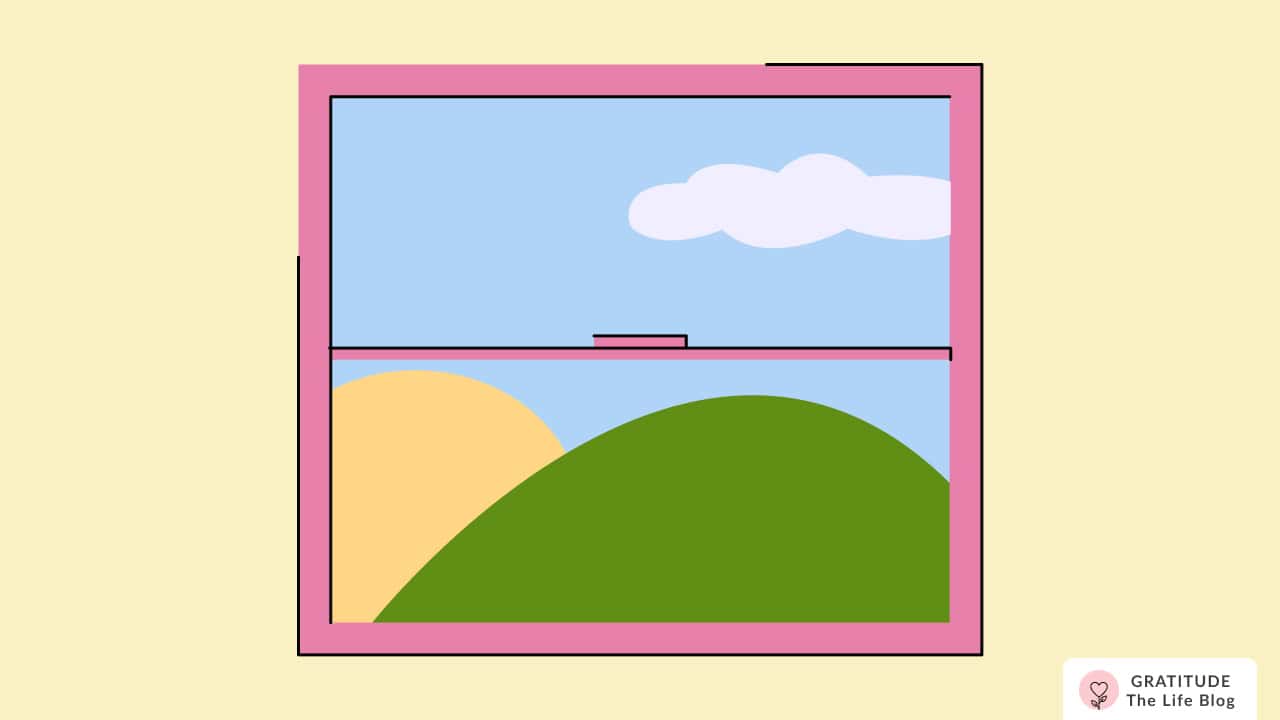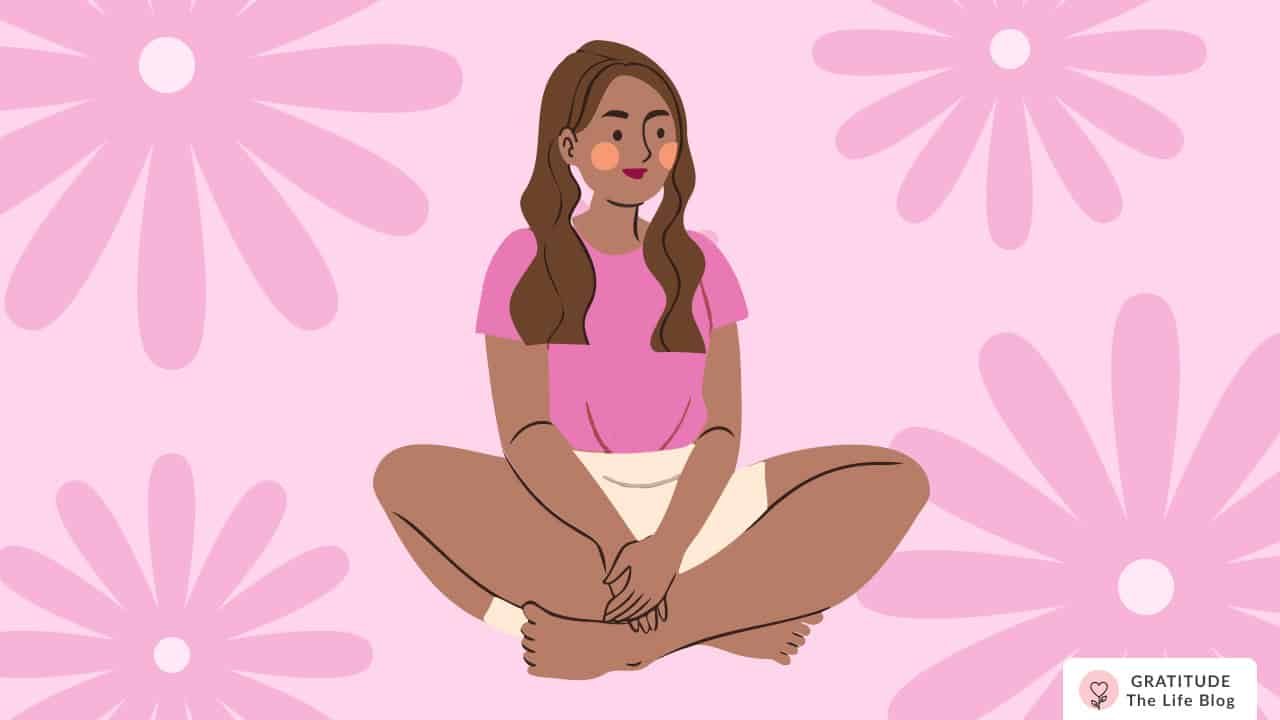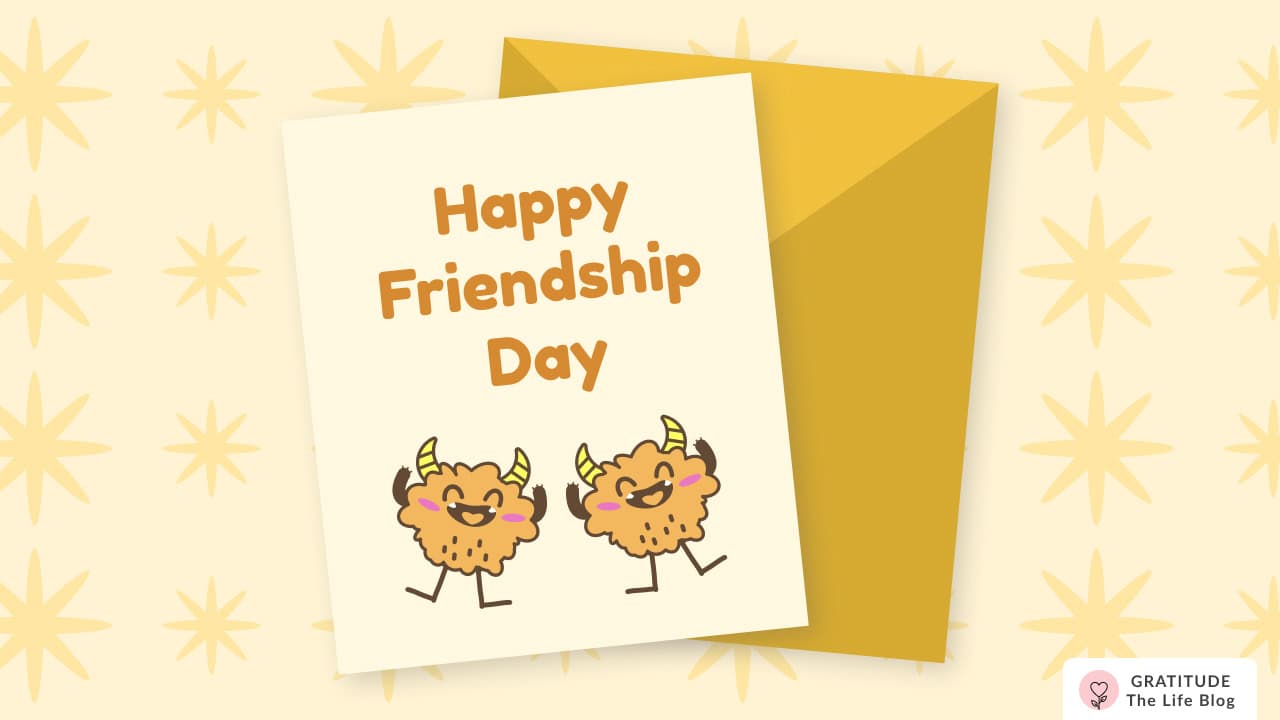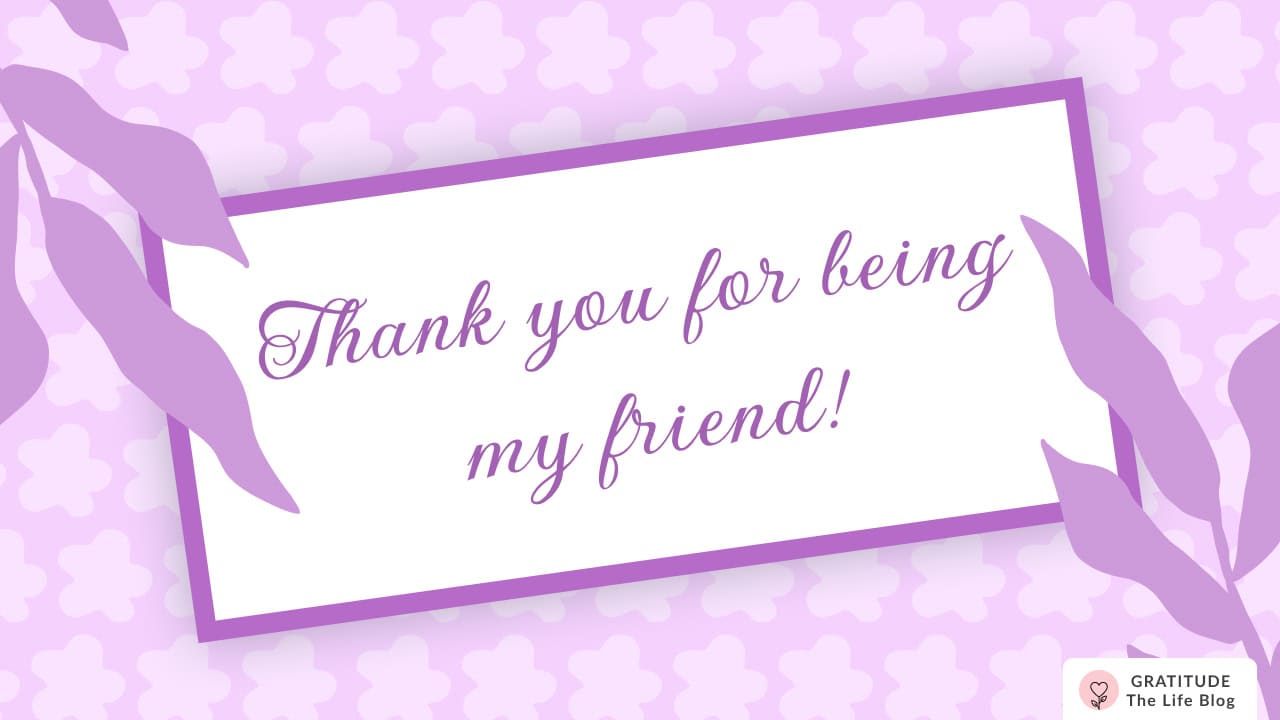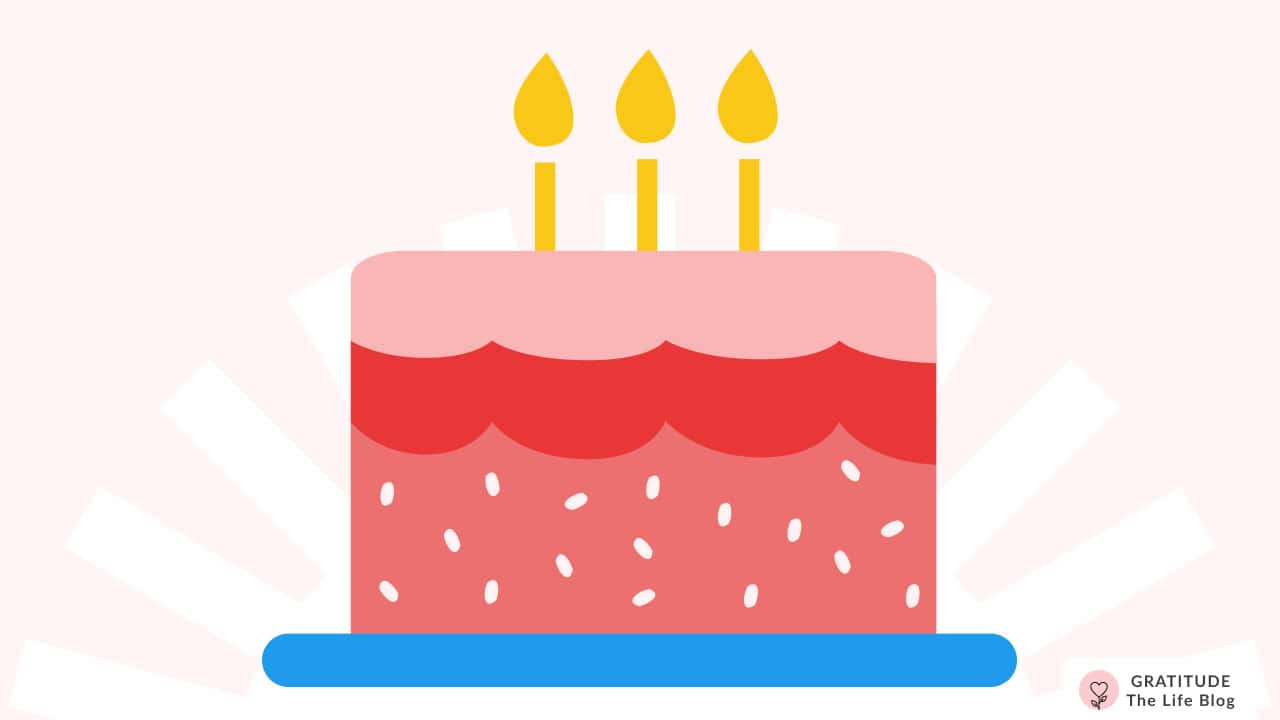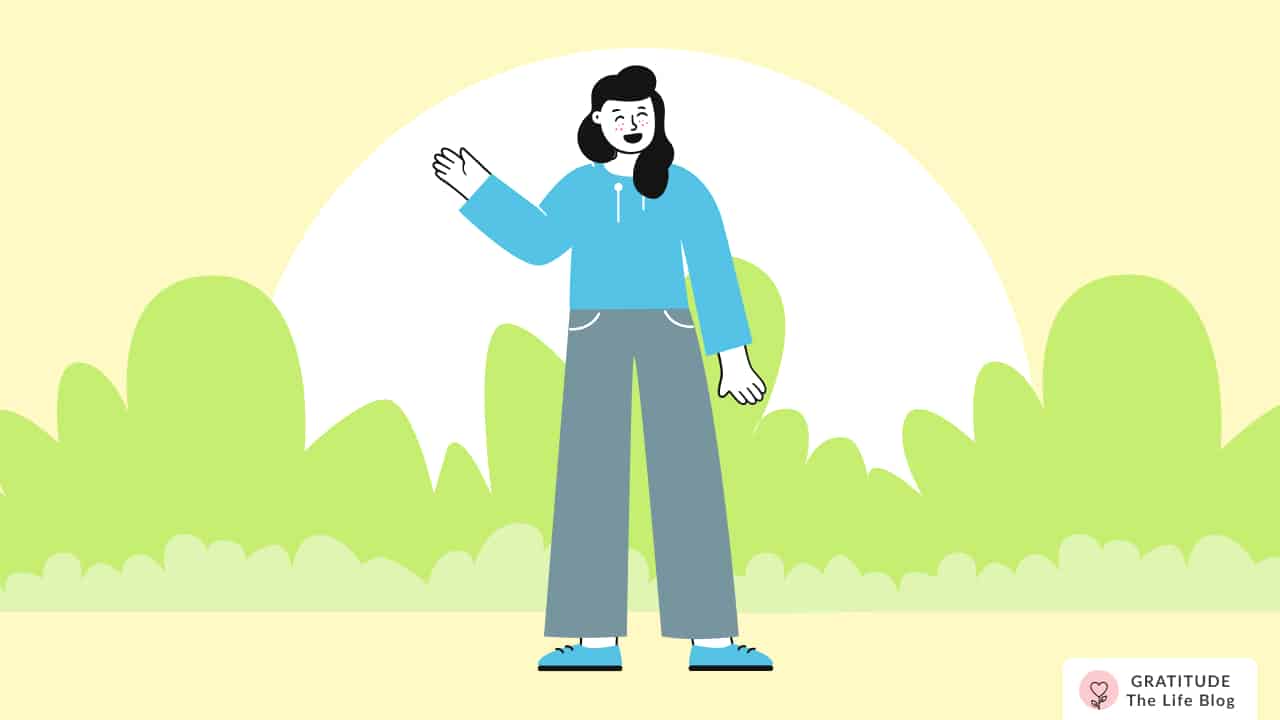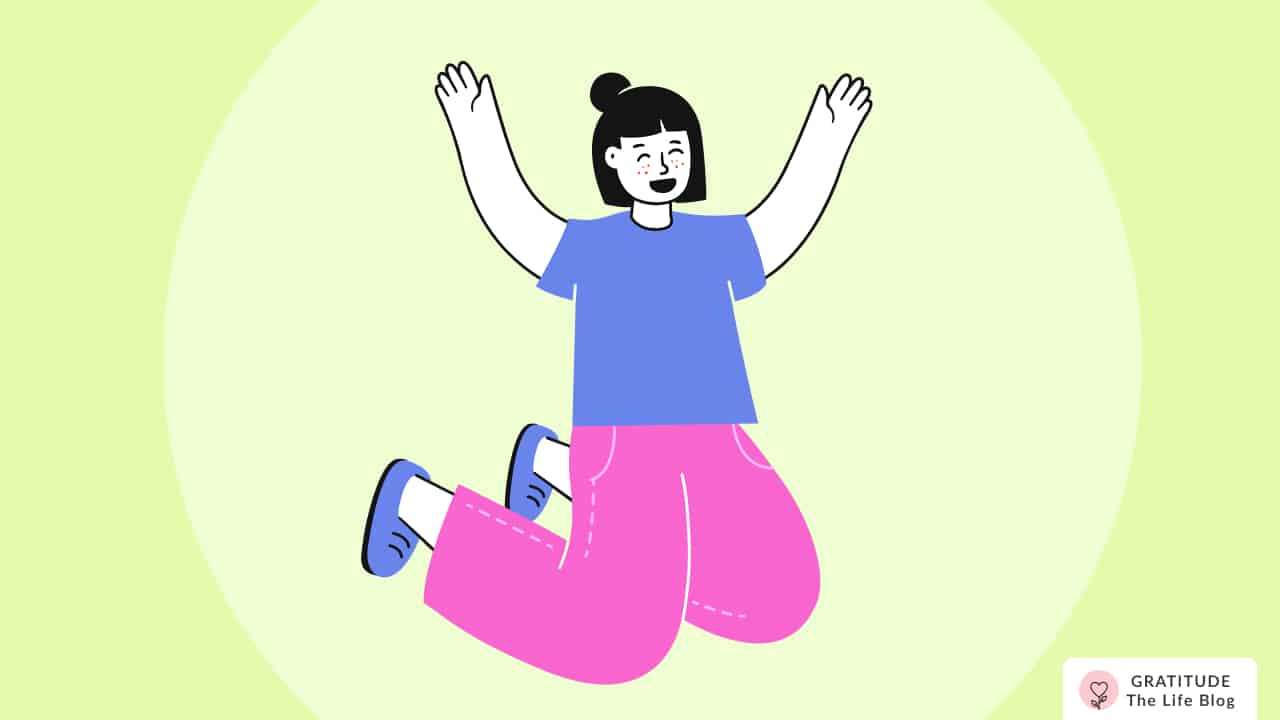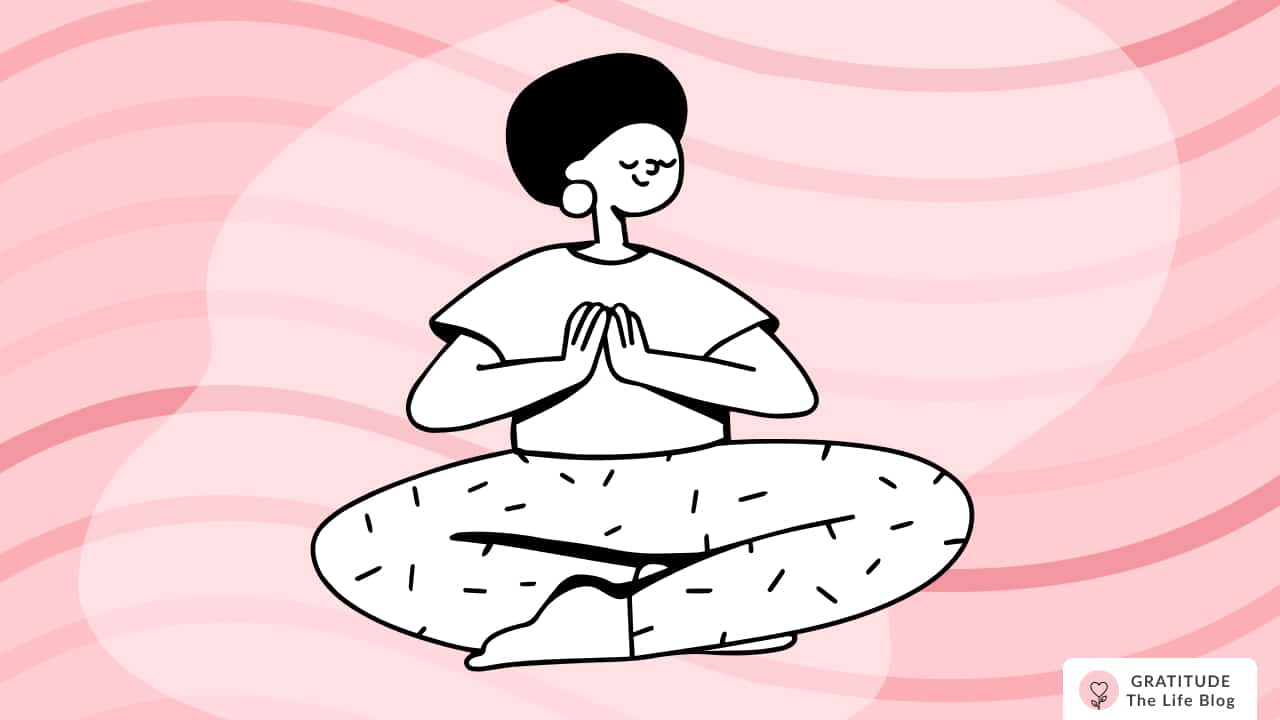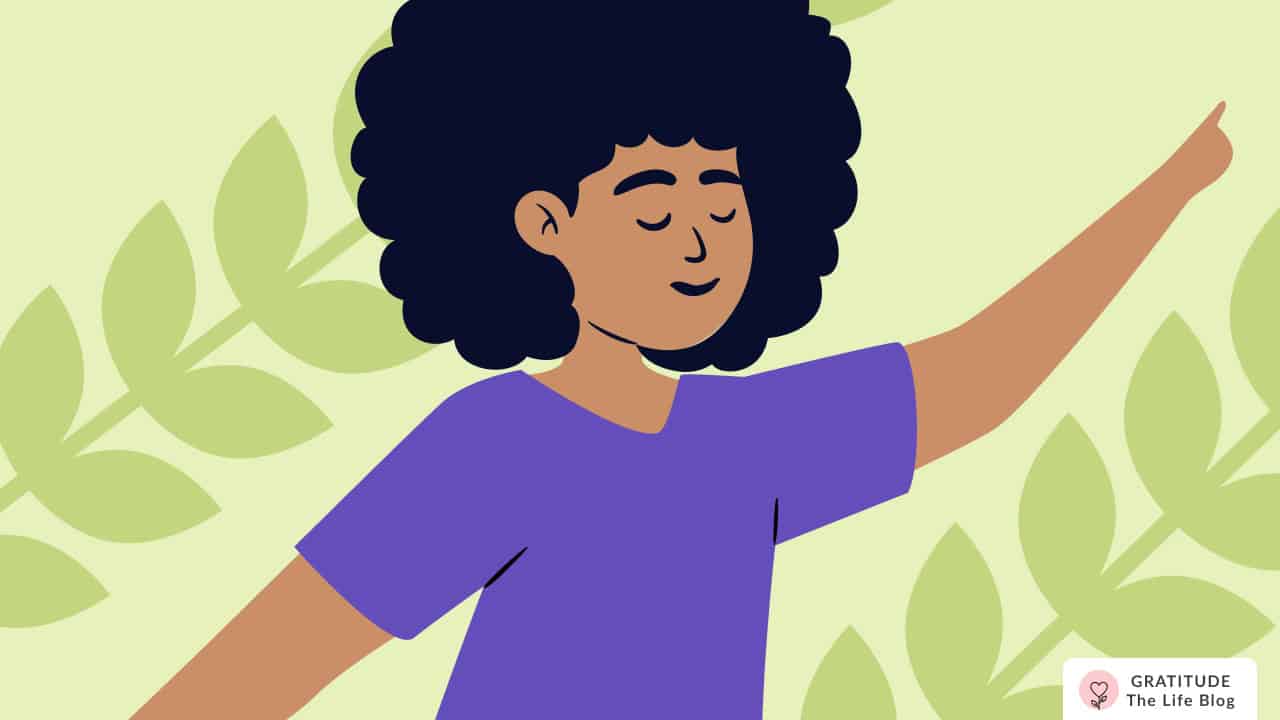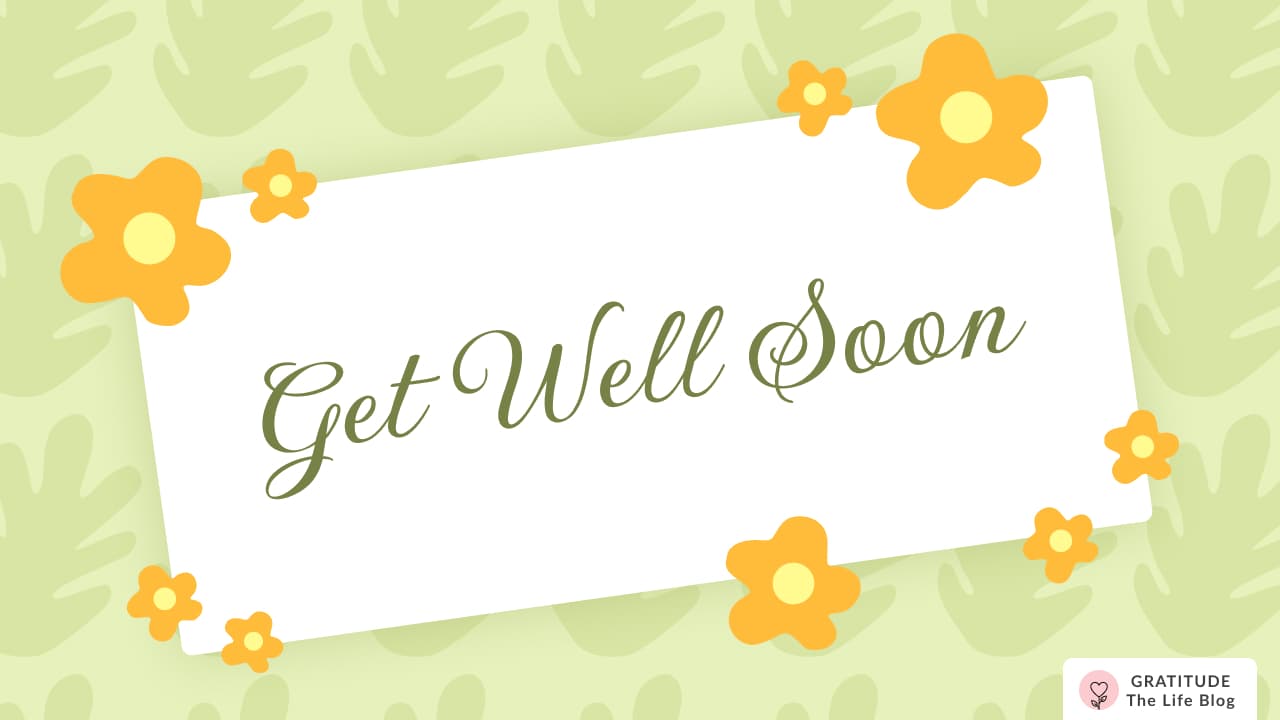5 Steps to Increase Your Self-Awareness
Self-awareness is a skill, a powerful one, and it’s helpful in steering us towards making the choices that will work for our well-being. So, let’s get into what it is, why it’s important, and how to increase it.

When we hear that someone is very self-aware, it sounds like a great thing, right? And, it is. Only it seems quite vague and distant.
We all have a basic degree of self-awareness as we are all conscious, but increasing that will be beneficial.
Self-awareness is a skill, a powerful one, and it’s helpful in steering us towards making the choices that will work for our well-being. So, let’s get into what it is, why it’s important, and how to increase it.
Self-awareness - Definition and Importance
In a simple sense, self-awareness is about being connected to yourself. It’s about being mindful and knowing how you feel. It’s about being aware of why you do what you do and what you need as well.
Honesty and introspection are important parts of it. For example, you might rush into things and feel anxious when something is unclear to you. Without being self-aware you could say that that’s how you manage things, or you can’t take it when things are out of your control.
But, when you’re self-aware you would understand that it might be because you grew up around someone who behaved the same way, or that this is a way for you to feel powerful, or that there is something else in your life that is a huge mess, so you try to make something else work according to you.
Self-awareness is supremely important because it gives you direction, it clears the haze. And only when we know the truth can we make any progress.
Self-awareness helps you,
- Make choices that are true to you - When you know yourself and your motivations in and out and are aware of them as you walk through life, it’s very unlikely that you’ll be steered away into something that you would figure out later wasn’t meant for you.
- Know when it’s time to move on - When the awareness of the truth is right there with you, it’s hard to kid yourself and stick with things that no longer make sense in your life.
- Hold yourself accountable - Another benefit is that it helps you become better. Toxic behaviors can be exercised by the best people you’ve met too. The only reason they are successful at not exhibiting them is that they know “that’s not who they are”. This is self-awareness.
How to increase self-awareness
- Do guided journaling
- Be honest and active
- Take pauses
- Meditate regularly
- Be open to feedback
1. Do guided journaling
We’ve all seen movies of underdogs that become the main hero, right? That’s what journaling is too.
It’s so simple and seemingly basic that it could seem inconsequential. But, it’s transformative. It’s powerful! And, guided journaling can take it to the next level.
It makes you ponder and face yourself. It pushes you to make the effort of understanding yourself deeply. Here is a list of prompts that can help you really get into this!
2. Be honest and active
Self-awareness requires courage because you have to act on it. If you know what is or should be, but take no action and try to manipulate yourself, it’s of no use. You have to be honest with yourself, and do what you know you should.
For example, if you’re feeling overloaded with work but keep taking it in your stride, it’s going to harm you. You know you should communicate that with your manager, but due to a reason that you need to figure out, you don’t.
Here, the first step is to become aware that you’re treating yourself unfairly, then you need to figure out why you do it and keep this awareness close. It’s easy to slide back into old behaviors when we’re unaware.
If you want to work on improving self-sabotaging behaviors, here’s my course that can help you out. For 21 days, it will focus on the parts of ourselves that need more attention and help you take care of them.
3. Take pauses
In this fast-paced world, our lives have become the same too. Days pass by without us knowing. And, this gives us no time to spend with ourselves, to reflect. And, sadly, I think it leads to ignorance too.
You don’t have to take an hour out to pause. I’m suggesting to take a minute’s pause or for a few seconds in between conversations, between work, between walks, and reflect on what’s happening.
This can help us calm down during arguments as we ask, “Is this the right way to go about this?”, have a moment to appreciate the world during busy thoughts, to sit comfortably as we spend hours working and not notice that our body is tensed.
Related: 6 Simple Tips to Live a Simple Life
4. Meditate regularly
This is a no-brainer and we all know that it’s helpful. I know we all have responsibilities and other priorities, but 10 minutes of meditation is not going to ruin anything, trust me. Here are 5 short and effective guided meditations that you can try.
5. Be open to feedback
Listen to others and ask the people you trust how you can do better. Sometimes what may take us days, months, or even years to understand would be communicated to us immediately by a friend. Keep yourself around people that don’t hold back honesty to be nice to you.
Related: 9 Easy Tips to Improve Your Active Listening Skills
And, that’s it! Remember that it will take time and patience for you to build this skill into your life, but it will be well worth it!
Continue Reading: 3 Reasons Why You Should Love Yourself First






